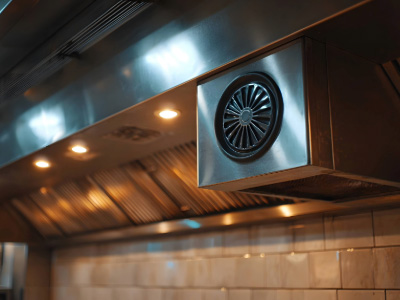Commercial property owners must maintain fire safety regimes
COVID-19 protection measures are crucial, but overlooking other potential dangers is a risk.

Fire safety protocols must be upheld by commercial property owners
Whilst it is entirely understandable that many commercial property owners and managers have had a strong focus on COVID-19 protection measures over the last 6 months or so, it is essential to ensure that this has not resulted in other potential dangers being overlooked.
Fire safety is just one area which may have been neglected during the Coronavirus crisis. What’s more, the modifications which many businesses have made to facilitate workplace social distancing may actually have had a negative impact on existing fire precautions- or at the very least, rendered the existing fire safety risk assessment out of date.
Property insurance specialist NFU mutual has voiced their concerns on this matter due to recent statistics which show a 46%rise in the number of commercial fire claims from 22nd March to 31stJuly compared to the same period in 2019. This worrying increase suggests a degree of ‘relaxation’ when it comes to fire safety which simply cannot be allowed to remain unaddressed.
What do commercial property owners need to do to keep the focus on fire safety?
1. Update and maintain assessments
These are a legal requirement for all non-domestic premises and must remain valid. This not only means that they must be reviewed at the appropriate interval but also that they must be amended to reflect any changes to the premises which have been made as a result of Coronavirus, such as the addition of partitions, new desk layouts or even changes to muster point arrangements.
2. Continue to reduce known risks
Paying particular attention to: -
· Ventilation Cleaning - of paramount importance when it comes to maintaining a clean and fresh air supply, but it is also essential to reduce the build-up of airborne contamination on internal surfaces which can be a significant, yet hidden, fire hazard
· Extract Cleaning - essential to reduce fire risk, especially for those systems in kitchen areas where an accumulation of fats and grease can ignite and spread flames through the ductwork
· Fire Damper Testing - a key task in fire prevention as these systems shut in response to high temperature and ensure that fire is not allowed to spread (British Standard 9999:2017clearly states that they should be maintained and tested by an expert regularly, at least every 12 months)
At System Hygienics we never neglect our legal duties or those of the building owners and managers we serve. That’s why we ensure that all of our services – be it fire damper testing or ventilation and extract cleaning – are carried out in full accordance with British Standards and with the leading guidance document issued by BESA TR19®.
All System Hygienics’ engineers are also now the very first in the UK to have undertaken an IFSM- accredited training course which provides valuable reassurance of our very high standard of operation and our ability to be deemed ‘competent persons’ when it comes to legislative compliance.
To find out more about this ground-breaking training or our full range of services visit System Hygienics.

.jpeg)

.png)